Tesla has issued a voluntary recall for its electric Model S sedan and Model X SUV after discovering a potential manufacturing issue that could stop the electric park brake from functioning properly.
According to a Tesla spokesperson, the electric park brakes on examples of the US-built Model S and Model X manufactured between February and October 2016, could contain a small gear that "could have been manufactured improperly by our third-party supplier."
Tesla says that should the gear break the parking brake would be stuck in place, but it would still continue to keep the car from moving. So far there have been no reported incidents of the parking brake failing to hold a parked Tesla, or failing to stop a car in an emergency situation.
The EV-maker also says the issue has no impact on the car's regular braking system and that only a "very small" percentage of gears in cars built in the period were not manufactured correctly.
Tesla is contacting Australian customers this week to advise that they will be sent an official recall notice in the mail soon.
"We do not believe this issue could ever lead to a safety concern for our customers, and we have not seen a single accident or injury relating to it. However, in order to be overly cautious, we are going to be proactively replacing these parts to ensure that no issues arise," the company spokesperson said in a statement.
Tesla is contacting Australian customers this week to advise that they will be sent an official recall notice in the mail soon. The recall impacts 53,000 cars globally.
Mitsubishi, Mercedes-Benz, Citroen and Land Rover have also issued recalls this week, according to the Australian Competition and Consumer Commission's (ACCC) product recall website.
Examples of the previous-generation W204-series Mercedes-Benz C-Class sold between May 1 and May 31, 2013 are being called back because the bolt that secures the steering coupling may not have been tightened properly during manufacture, which could result in the coupling detaching from the steering shaft.
The ACCC recalls site says if the steering coupling detaches from the steering shaft, "it may cause a loss of steering control and an increased risk of an accident".
Letters are being sent to affected owners now and they are being advised to head to their local dealer for a fix.
Just over 20,000 examples of Mitsubishi's Pajero off-roader built between January 6, 2010 and December 28, 2012 are being recalled because the front airbag inflator could release metal fragments from the inflator container when the airbag deploys, potentially causing injury to the occupants.
This issue is believed to be part of the massive global Takata airbag inflator recall that has impacted millions of vehicles, and dozens of carmakers around the world.
The Japanese brand's ASX SUV and Outlander mid-size SUV have also been called in to fix an issue that could cause doors to open when someone is driving, posing a risk of injury to occupants.
According to the ACCC, the precision of the door latch assembly on impacted vehicles is "insufficient and may not operate correctly under high temperature."
Mitsubishi Motors Australia Limited said that there have been no reported incidents relating to either fault.
It affects 19,131 ASX and Outlander models built from April 23, 2015 to March 14-15, 2016.
Mitsubishi Motors Australia Limited said that there have been no reported incidents relating to either fault. The company will contact known owners when parts for both issues become available and ask them to have the problems fixed at their dealer.
Jaguar Land Rover (JLR) has called back examples of the Range Rover Sport built between September 20 to October 25, 2016 due to an issue that may cause the front passenger airbag to not function properly because of a deviation in the generant mix ratio.
"In the event of a crash of sufficient severity, the front passenger airbag may not deploy when required. Failure to deploy can lead to increased injuries to the passenger seat occupant," the ACCC says.
Finally, 14 examples of the Citroen C4 Cactus crossover sold between September 1 and 30, 2016 are being recalled over a "non-compliance" of an electric relay's internal component, which could disrupt the starter control.
The ACCC says this could generate unwanted starter activation and cause the car to move if a gear is engaged. This could also cause the vehicle to overheat, which poses a fire risk.
Both JLR and Citroen Automobiles Australia will contact their respective impacted customers and ask them to contact their dealers.




.jpg)







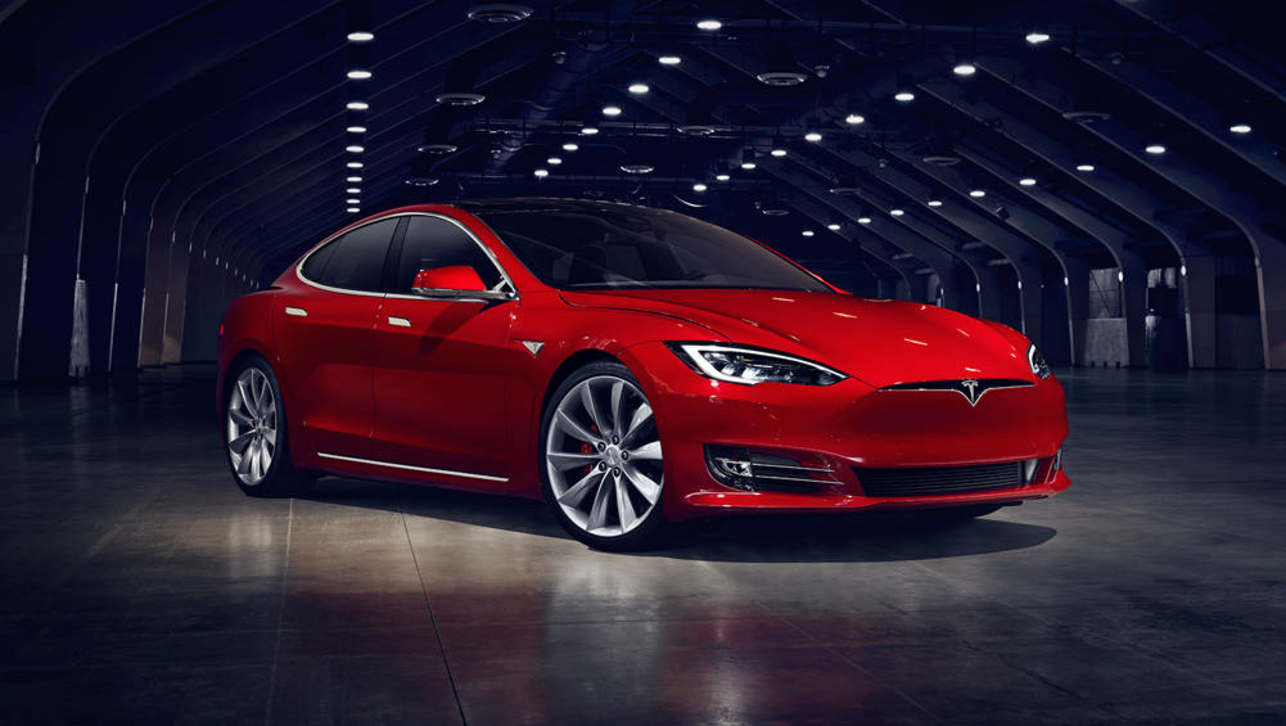
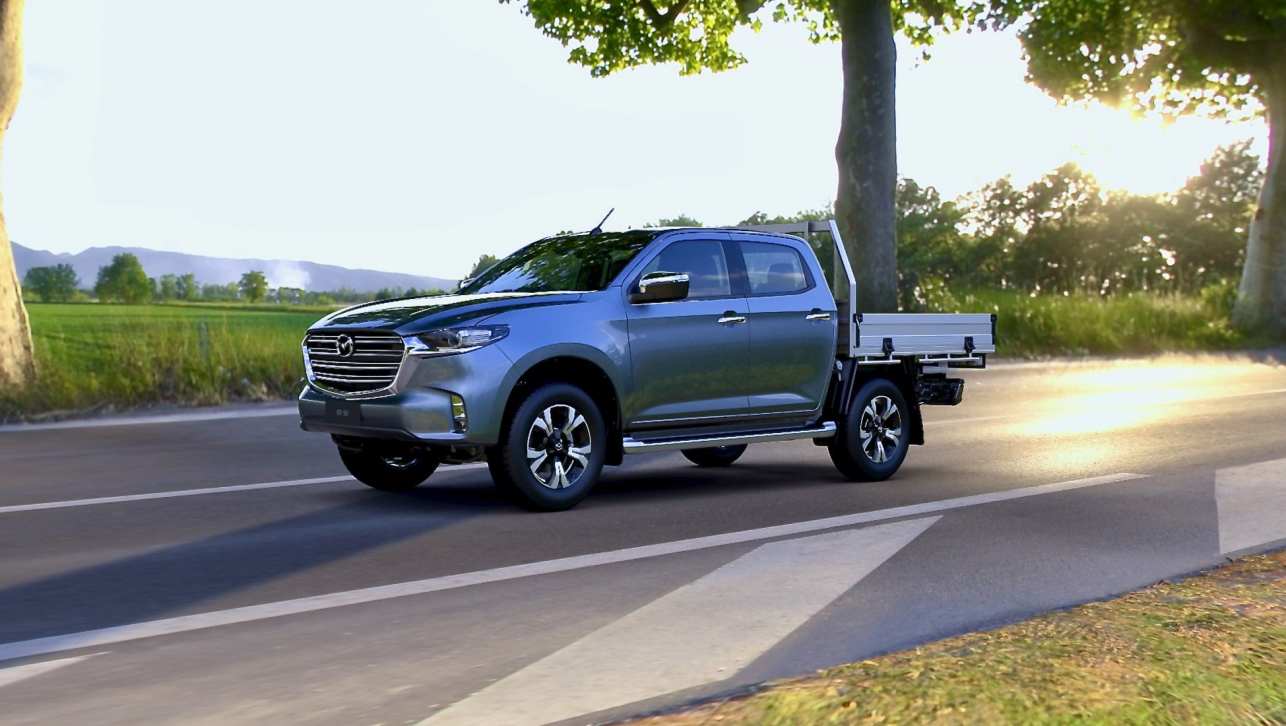
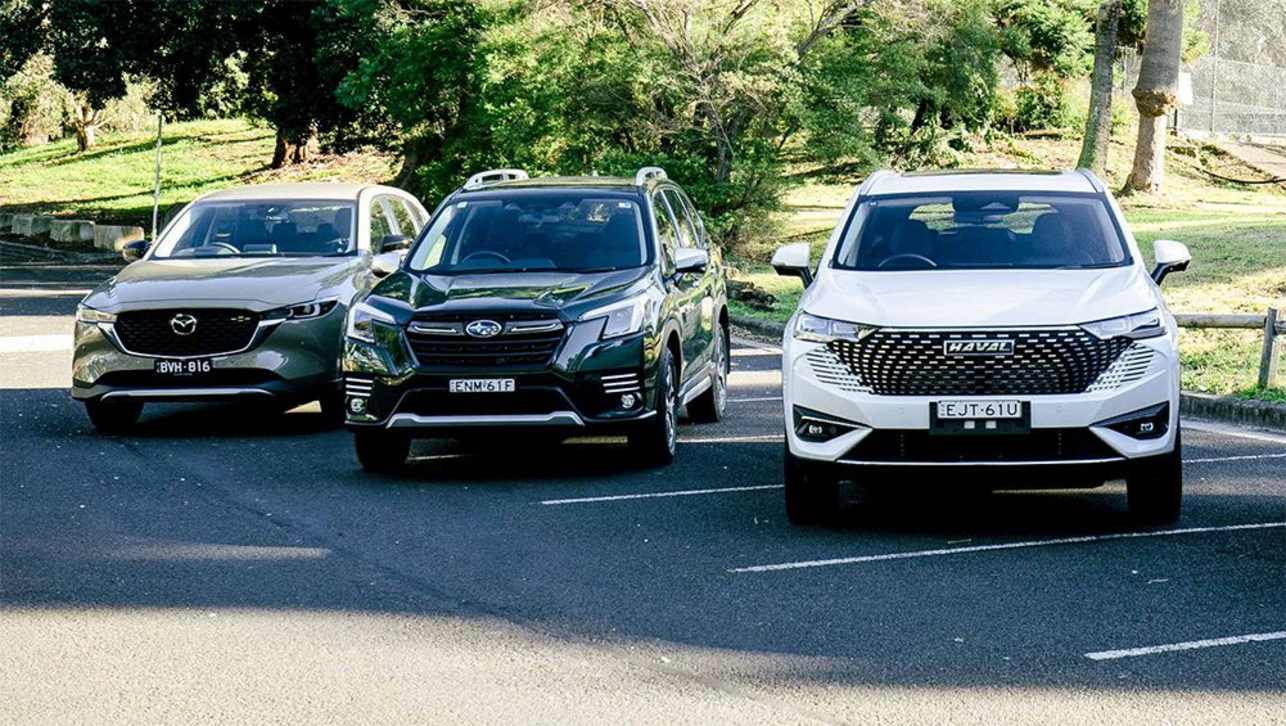
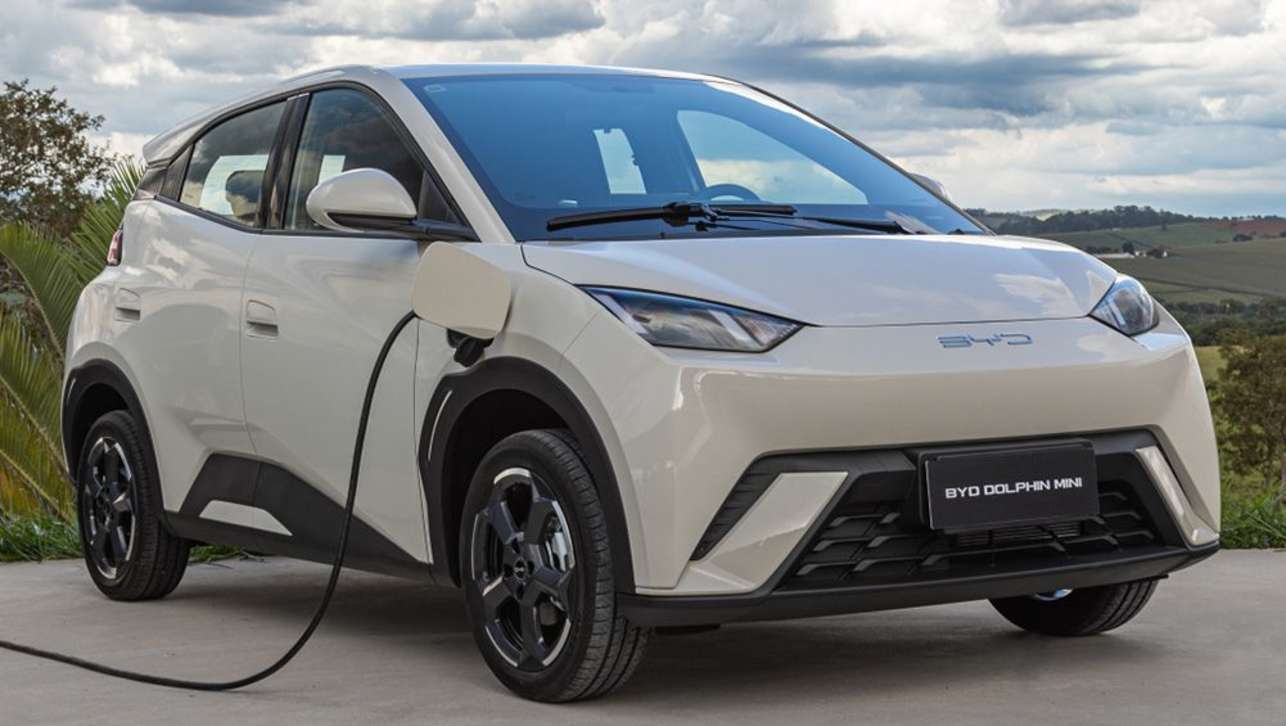
.jpg)
.jpg)




.jpg)
.jpg)

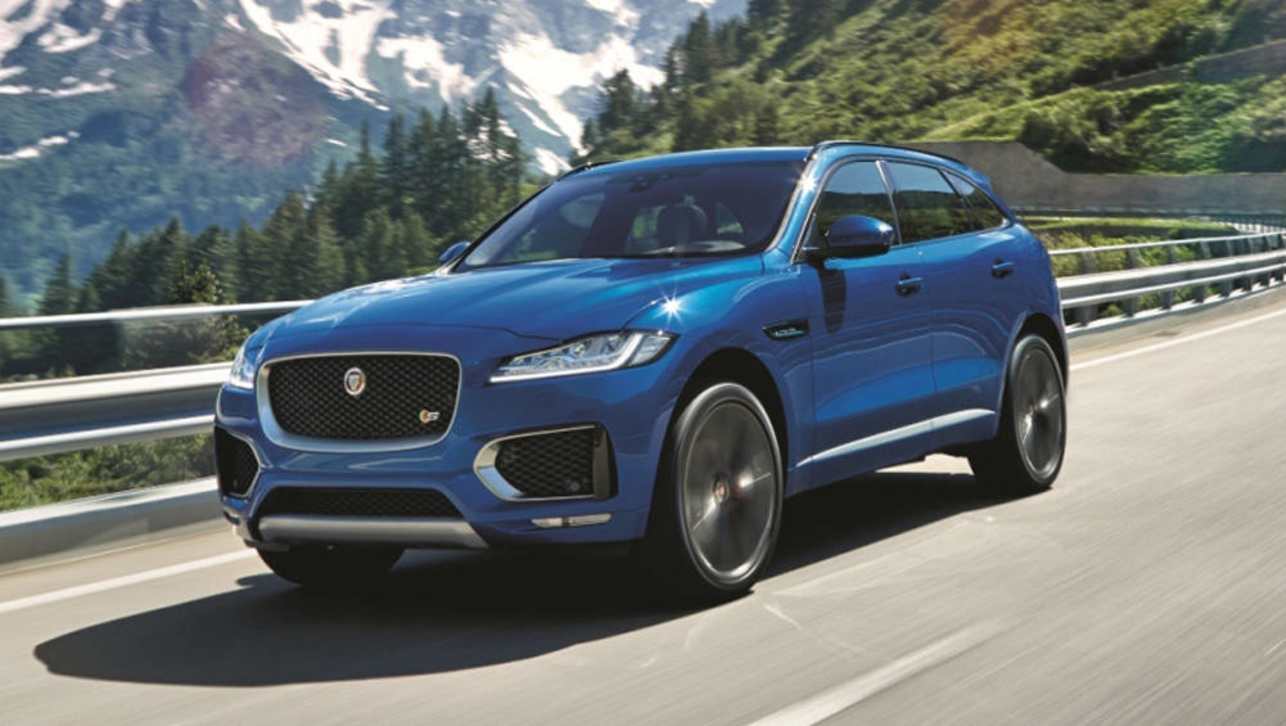




Comments